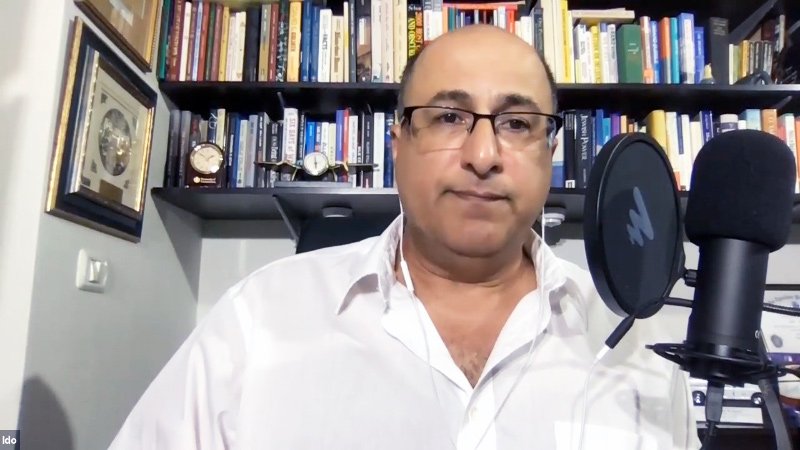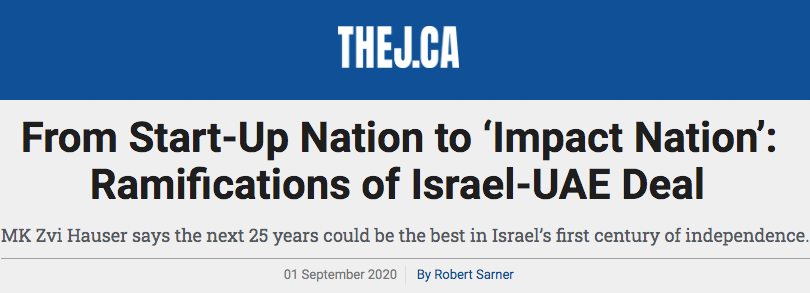
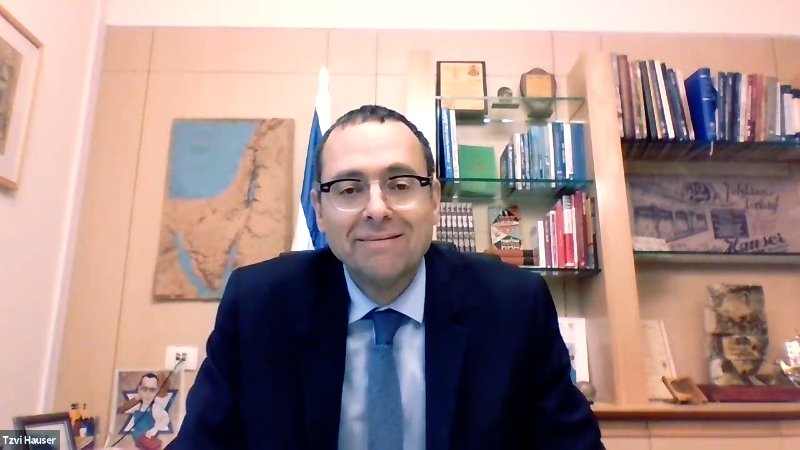
On August 23, in a timely segment of the Canadian Friends of Hebrew University webinar series, two highly respected authorities weighed in on the recent historic accord between Israel and United Arab Emirates to normalize relations. Moderated by NYU professor and former Israeli diplomat Ido Aharoni, MK Zvi Hauser began the session, saying the agreement is a “game-changer” for the region.
Mr. Hauser, who is Chair of the Knesset’s Foreign Affairs and Defense Committee, predicted that Israel will have warmer relations with the UAE than it does with the other two Arab countries with which it signed previous peace agreements (Egypt and Jordan).
To that end, he anticipates an important bilateral people-to-people component, particularly involving tourism.
Mr. Hauser expects the normalization in relations between Jerusalem and Abu Dhabi will have an enormous economic impact, especially in terms of Israeli exports to the UAE involving software, cybersecurity, clean energy and water management. It will result, he said, in Israel going from being a start-up nation to an “impact nation.” No less important, Mr. Hauser said it’s highly likely that other Gulf countries will follow the lead of the UAE and establish relations with Israel, helping make the next 25 years the best in Israel’s first century of independence.
While Prof. Shlomo Hasson attributes major importance to the agreement, he differed with Mr. Hauser insisting it wasn’t a “game-changer” but rather a signal, albeit an important one, of coming regional and global transformation.
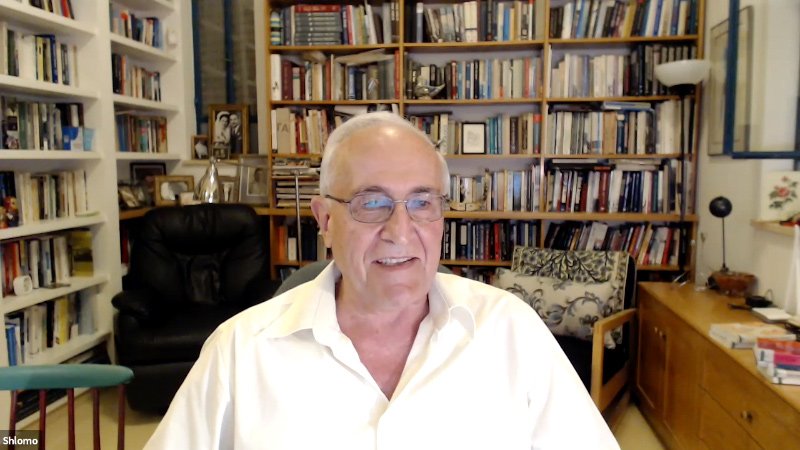
Significantly, it will give Israel a presence on the Persian Gulf, with all the strategic aspects that go with that when it comes to arch-enemy Iran. For Israel, the accord represents a major geo-political achievement along with a huge gain in economic cooperation and on the diplomatic front.
According to Prof. Hasson, who heads Hebrew University’s Sasha Center for Strategic Studies, one of the incentives for Abu Dhabi to take such a bold move now was the declining GDP of Gulf countries in recent years and the need to diversity its economy in the face of a diminishing importance of oil. It also stands to benefit from gaining access to Israel’s advanced technology.
At the same time, Prof. Hasson said the Middle East is facing different forces that are affecting the region for the worse. As such, relations with Israel can serve as a counterforce to the destabilizing factors, especially as there’s a growing risk that the Middle East will consist more of zones of influence of the major world powers instead of sovereign states. This as the great powers seem to be moving toward a new Cold War.
Prof. Hasson said that while the Palestinians were clearly on the losing side of this watershed moment, Israel shouldn’t use it as an opportunity to insist on their defeat in this situation. On the contrary, he argued that Israel should be supportive of the Palestinian Authority and work with it to improve the conditions for Palestinians for whom, he says, the biggest issue at the moment is economic survival.
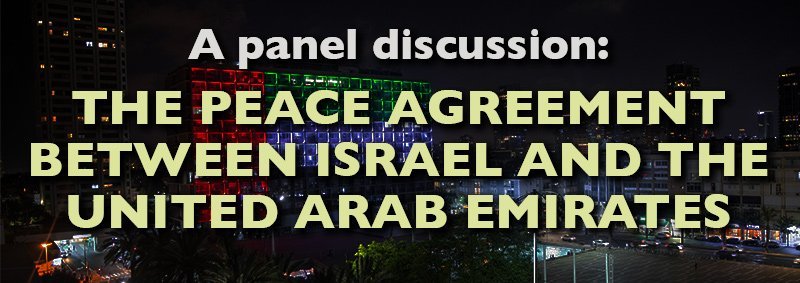
The discussion on the Israel-UAE peace accord is the latest in the webinar series that Canadian Friends of Hebrew University launched in March, featuring thought leaders from different fields. These have included international affairs expert Prof. Janice Stein; Air Canada CEO and President Calin Rovinescu; and former Mossad head Efraim Halevy.
- To view a recording of the webinar, click here: https://www.cfhu.org/news/webinar-the-peace-agreement-between-israel-and-the-united-arab-emirates/
- For highlights of previous segments of the CFHU webinar series, click here: https://www.cfhu.org/videos/video-recap-highlights-of-season-1-of-cfhu-webinar-series/
